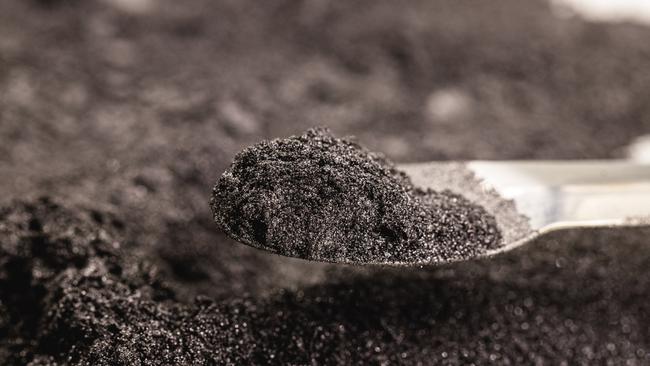
A move by Peabody Energy to extract itself from its $5.8bn deal to buy Anglo American may be fraught with challenges, including a costly lawsuit.
The ability to break a deal, following a second fire breaking out at the Moranbah North mine in Queensland, will depend on the contract’s material adverse change (MAC) clause, which many expect would be tightly drafted.
As investment bankers know, breaking a deal is never simple – as evidenced by Appian’s sale of its Atlantic Nickel and Mineraco Vale Verde assets for $US1.2bn to South African precious metals producer Sibanye in 2022.
Sibanye terminated the deal on a purported material adverse change. It was sued by Appian, a global resources investor, and lost.
A British court found that the termination was based on the incorrect assertion that an insignificant and minor geotechnical event at Atlantic Nickel’s Santa Rita mine in November 2021 triggered a material adverse change.
The Peabody deal is not due to close until the middle of this year, contingent on regulatory approvals, pre-emptive rights and customary closing conditions.
Anglo American says it continues to work with Peabody towards satisfying the conditions required to complete the sale.
The UK-listed miner also said it was also making progress in relation to the temporary suspension of mining operations at the Moranbah North mine following what it described was “a minor ignition in the underground area of the mine on 31 March”.
Conditions in the mine normalised shortly afterwards and remained stable, Anglo American said, with camera footage showing no evidence of damage and the safety regulator looking into it.
Peabody fended off competition to buy Anglo’s Queensland coal portfolio in November.
The US-listed miner’s share price is down 40 per cent since January on the back of falling coal prices as funding costs have blown out, and there have been some concerns that closing a deal would leave it financially stretched.
DataRoom earlier reported Peabody might use a second fire at Moranbah North as an excuse to back away from the deal based on a MAC.
But some observers consider this to depend on a more significant outcome, such as the government shutting the mine down.
Peabody said that it was “reviewing its options” in relation to the acquisition.
Peabody had $US1bn ($1.6bn) of liquidity in December. The deal at the time was financed by a $US2bn bridging loan provided by KKR and Jefferies, but funding terms for debt are now less favourable.
The coal price has fallen from about $US200 a tonne to about $US184, which for some coal miners is the difference between making a profit and breaking even.
At the time of the announcement, Peabody Energy said it would look to finance the deal at a leverage ceiling of 1.5 times earnings.
It would refinance the bridging loan with high-yielding secured notes, a secured term loan and minority stake sales of its mines, including its Centurion mine in Australia (currently under way), Moranbah, Grosvenor and Capcoal mines.
Other forms of funding would be convertible unsecured notes and common equity and reclamation bonding alternatives. Shareholders have long memories: Peabody wound up in Chapter 11 bankruptcy in 2016 after paying too much for acquisitions, only for the price of coal to collapse.
The play for Peabody Energy was to reweight its portfolio more towards metallurgical coal and away from thermal coal.
Peabody agreed to a cash consideration of up to $US3.8bn, including $US2.05bn at completion and a deferred cash consideration of $US725m, plus the potential for up to $US550m in a price-linked earn-out and a contingent cash consideration of $US450m linked to the reopening of the Grosvenor mine.
The company became a major force in the Australian coal market following its acquisition of the Macarthur Coal portfolio in 2011 for about $US5bn.




To join the conversation, please log in. Don't have an account? Register
Join the conversation, you are commenting as Logout